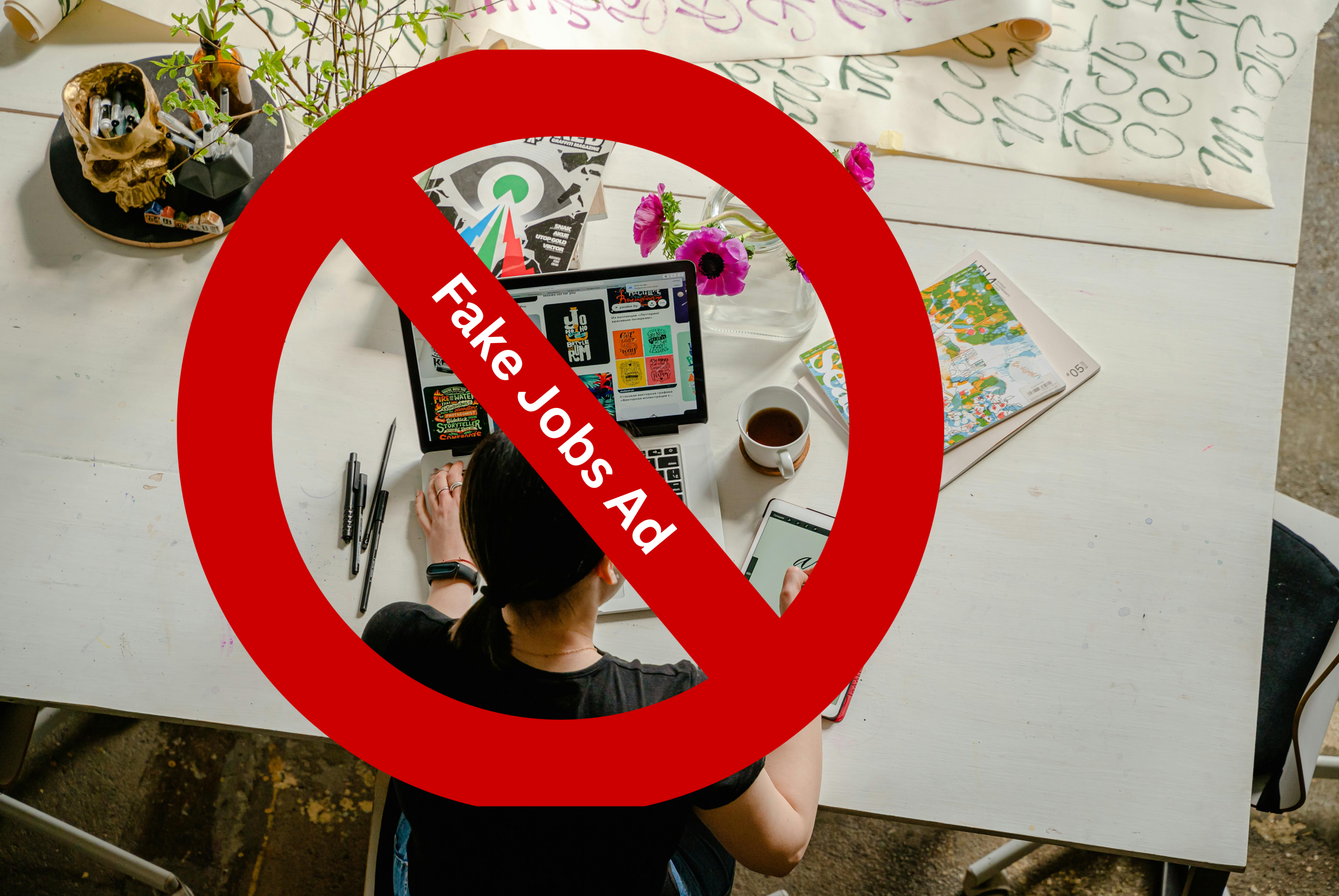You get an email. Subject: “Immediate Job Offer.” It’s from some company you don’t remember applying to. They say they loved your CV. Huh? You squint at the email. It looks fancy. Big words. Big promises. Big salary. But… something feels wrong.
That’s the thing. Scams don’t always show up in dirty packages. Sometimes they wear a suit. They call you by name. They sound polite. Professional. Until they don’t.
Let’s slow down and talk about it. Verifying a job offer? It’s not just a good idea—it’s survival these days.
Start With the Basics: Google the Company
First thing—Google it. Yeah, really. Not joking.
If a company’s real, it’ll leave footprints online. A website. Social media. A press article. A LinkedIn page. Something.
You find nothing? Not even a Facebook post from 2009? Then stop. Pause. That’s weird. Even tiny spaza shops have online mentions these days. You should be able to find a trail.
Also, look out for fake websites. Some are cloned to look just like the real ones. Like, scary accurate. Same logo. Same “About Us” section. But the domain is off. Maybe a weird dash, or “.xyz” instead of “.com.” It’s subtle. But it matters.
You ever seen a website with typos on every page? Looks like it was built in five minutes? Be suspicious. Real businesses pay attention to their digital face.
Double-Check the Email Domain
Legit companies don’t use Gmail to hire. Period.
If someone says they’re from “Unilever” but their email is unileverjobs2024@gmail.com, run. That’s a no. Real HR emails look more like careers@unilever.com.
Scammers love using emails that look almost real. They add a word, a number, or swap letters. Like admin@unilevers-career.com. Looks fancy. Feels fake.
Always read the full email address. Not just the display name. Don’t get tricked by a logo and a nice signature.
Look Them Up on LinkedIn
This one’s easy. Type the company’s name in LinkedIn search. Do they have a company profile? Do they post stuff?
Even more important—do real people work there? Employees with real profiles. Not ghost profiles with no pic and one connection.
Search the recruiter’s name too. If they just created the profile last week? And they have no connections? Hmm.
Here’s a trick. Message another employee listed on their page. Just ask, “Hey, is this job real?” Most people will answer. They’ll even warn you if it’s fake. People help, you just have to ask.
Use Business Registry Websites
Every real company is registered. Somewhere. In South Africa, you can check CIPC. Other countries have their own sites.
These databases are boring, yeah. But powerful.
Look up the company name. What’s the status? Registered? Deregistered? Does the name match the recruiter’s message?
No registration? Or different names? That’s a serious red flag. You might be dealing with a ghost.
Some scammers even fake company numbers. Looks legit at first glance. But cross-check it. Real numbers show up in multiple places.
Scan for Weird Grammar
We’re not talking minor typos here. Everyone makes those.
But if the entire email reads like Google Translate gone wild? Beware.
Phrases like “We are very pleasure to you joining team soonest” are not normal. And neither is this: “Selected Candidate Must Obey Company Condition To Proceed Further.”
Sounds robotic, right? That’s cause it probably is. Copied. Pasted. Mass-sent to 500 other hopefuls.
You wouldn’t accept bad grammar from your boss in the real world. Don’t excuse it from a stranger promising you a dream job.
Don’t Pay a Cent
Listen closely—no real company will ask you to pay them.
Not for safety gear. Not for uniforms. Not for training. Not for medical tests. Not even for “admin fees.”
They might tell you it’s refundable. Or urgent. Or standard practice. It’s not. It’s theft dressed as a job.
They’ll even send professional-looking invoices. Signed letters. Bank account details. All fake.
And the moment you pay? They vanish. No replies. No job. Just silence.
Real companies pay you. Not the other way around.
Ask for a Video Call
Here’s a bold move: ask for a video interview. Face to face, even if it’s on Zoom or Teams.
Scammers usually say no. Excuses like “camera broken” or “bad Wi-Fi.” That’s code for: I’m hiding.
If they agree to the call, pay attention.
Do they seem unsure? Nervous? Reading off a script? Does the background look fake or like someone’s spare room?
A legit employer won’t hesitate to meet properly. They want to know you’re real too.
Cross-Check the Job Posting
Got the offer from WhatsApp or Facebook DMs? That’s fishy.
Now go check the company’s website. Is the job listed there?
Or look on job platforms like LinkedIn, PNet, Careers24. See if it’s anywhere else. If not—ask them why. And watch their reaction.
Fake recruiters hate questions. Real ones don’t.
Also, real employers use proper channels. Not private DMs on Telegram at midnight.
Too Fast? Too Easy
They hired you within a day? No interview? No reference check?
Nah. That’s not how it works.
Most legit jobs take time. They go through HR, team leads, maybe a panel. It’s annoying, yeah. But necessary.
If someone rushes the process—claiming they need you to start today—breathe. That pressure? It’s part of the scam.
They want you excited, overwhelmed. Not thinking clearly. That’s their trick. Don’t fall for it.
Your Gut Knows. Listen to It.
Sometimes… you just know.
Something’s off. The message feels forced. The logo looks stretched. The promise is too shiny.
Don’t silence your instincts.
Ask someone else. Post in a local Facebook group. DM someone on Twitter. Chances are, others have seen the same scam.
Scammers recycle tactics. We just need to share and warn each other.
True Story: Lebo’s Close Call
Lebo, fresh out of varsity, got a message from “Standard Mining Solutions.” Never heard of it, but the job looked great. Admin work. R18,000 a month. No experience needed.
She got excited. Who wouldn’t?
Then they asked her to pay R3,000 for “safety gear.” Upfront. Before starting. Said it was urgent.
She hesitated. Searched the company name. Nothing. Looked up the recruiter—profile was brand new. Emailed the real Standard Bank—they never heard of that company.
She dodged a bullet. Barely.
What To Do If It Feels Wrong
Stop replying. Block the number. Save all the messages and emails.
Report it. In South Africa, use the Department of Employment and Labour or SAFPS.
Then warn others. Post it online. Drop a screenshot. Share your story. Someone else might need that heads-up.
Keep your evidence too. Scammers hate being exposed.
Final Thoughts: Slow Down, Stay Smart
Look—job hunting is hard. It messes with your head. You’re tired. You want to believe. We all do.
But not every smiling email is your big break.
Take a breath. Ask questions. Double-check everything. And never pay for a job. Ever.
You deserve better. You deserve real.
Share your experience in a comment section.





